So, What Am I Even Talking About?
Quick heads-up: I’ve tested, played, and broken saves in more RPGs than I can count, for over ten years. When I say crpg, I mean those deep, nerdy computer role-playing games with isometric views, turn-based combat, party builds, skill checks, and dice rolls that make you whisper “please don’t fail.” That world? I live there.
Here’s the fast answer: this genre is about choice, consequence, and character builds. You tweak stats, talk your way out of fights, or start them, then you feel smart (or very dumb) when the game remembers what you did. I’m here for that memory. And the chaos.
What Makes These Games Click for Me
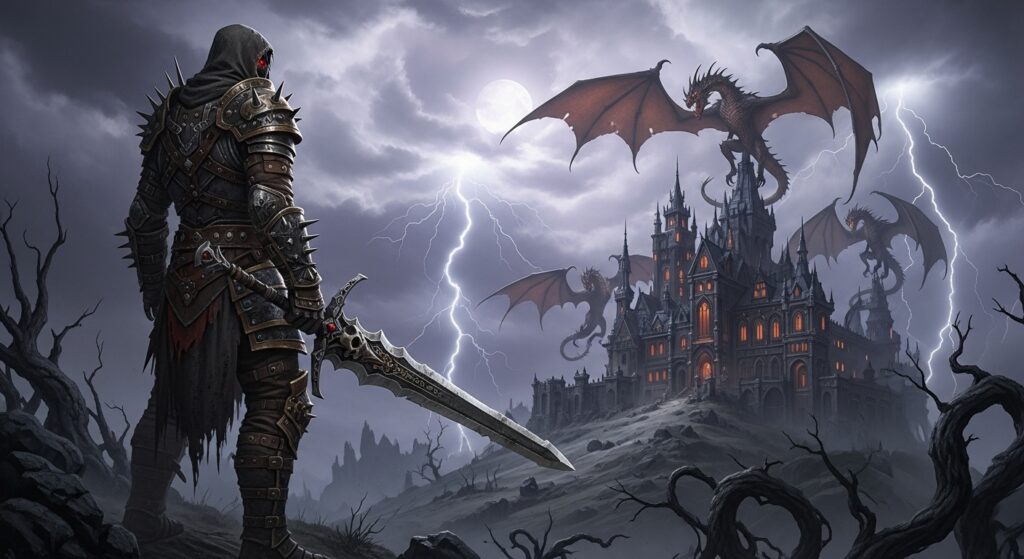
In my experience, the core loop is simple: build a character, make choices, do quests, get loot, get humbled, try again. If you want a clean definition for “computer role-playing game,” this background helps: what a computer role-playing game actually is. But honestly, the vibe is what matters: you own the story, and the game reacts. When it works, it’s magic. When it doesn’t, it’s still funny.
Fast Hits (Useful If You’re Skimming)
- Character creation: Strength is not a personality. But Charisma sometimes is.
- Stats and skills: If you dump Intelligence, you will fail checks. And yes, the game will laugh.
- Turn-based vs real-time: One is chess. One is speed chess with a cat on the board.
- Dialogue choices: You can be nice. Or chaotic. Consequences show up later. Usually at the worst time.
- Party synergy: Healers make friends. Glass cannons make save files.
Mini Guide: Getting Stuck Is Normal (I Promise)
I’ve always found that stubbornness is great until the third wipe in one room with three goblins and a barrel. If you need a nudge, I like clear, spoiler-light help like this set of master RPG walkthroughs that focus on secrets and tricky fights. Use guides like seasoning, not sauce.
Side Quests: The Actual Main Course
What I think is simple: main quests are fine, but the side quests tell the soul of the world. You get weird stories, odd choices, and loot that feels hand-made. If you want to see why I’m obsessed, skim this piece on why epic side quests make the world feel alive. They’re not filler. They’re flavor.
Combat Styles: What Fits Your Brain
There are two big flavors I deal with most: real-time-with-pause and full turn-based tactical combat. Both can be great. Both can also make you stare at a miss chance and question math. In a crpg, the combat often rewards planning more than reflex. That’s why I love it—plans actually matter.
Quick Comparison: Turn-Based vs Real-Time
| Thing | Turn-Based | Real-Time (with Pause) |
|---|---|---|
| Pace | Deliberate, tactical | Faster, can get messy |
| Best For | Math lovers, planners | Flow fans, micro managers |
| Miss Chances | Visible, predictable | Happens fast, feels random |
| Party Control | Precise, turn order rules | Good, but chaos creeps in |
| Learning Curve | Steady | Spiky |
When I’m stuck on a puzzle dungeon or a boss that laughs at armor, I’ll peek at a tidy directory like the walkthroughs hub I keep bookmarked. Saves me from banging my head on a door that opens with, you know, a simple lever behind a bush.
History, With Less Dust
I grew up on party-based isometric RPGs, then saw them fade and come roaring back. One modern hit that brought the genre to everyone’s radar again? Baldur’s Gate 3. It proved that choice-driven stories, dice rolls, and skill checks can be mainstream. Or at least, mainstream-ish. Which is wild.
Back then, I watched people argue about THAC0 like it was a sports debate. Now we compare dialogue trees and romance flags. The point is: this space keeps evolving. But the heart stays the same—your choices matter, your build matters, and your mistakes become stories you’ll tell later.
The “Should I Play Online?” Question
MMORPGs and single-player RPGs scratch different itches. I hop into big online worlds when I want chaos, guild drama, and market scams. But when I need a personal story with tight tactical combat and deep dialogue choices, single-player wins. If you enjoy online questing, I’ve had good laughs learning from this guide to mastering MMORPG quests from goblin slime to epic wins. It’s messy, but fun messy.
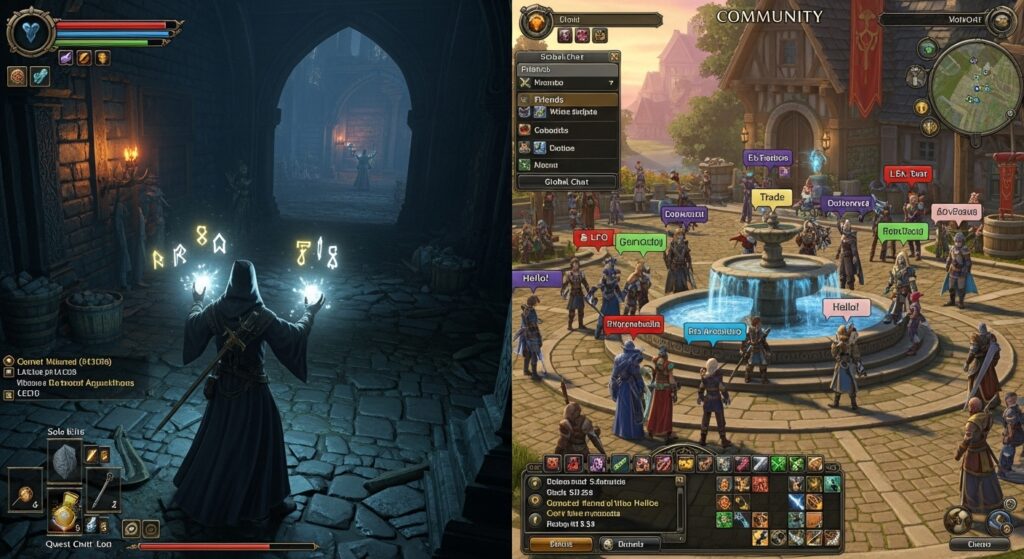
Reviews: How I Spot the Real Stuff
Not all RPGs love you back. Some want your time and give little in return. So, I skim trusted review roundups to spot games with real choice-and-consequence, solid quest design, and UI that isn’t a bad joke. If you need a starting point, check this library of RPG reviews. Saves you from “early access” that feels early… and not very access.
Mini Guides Inside the Blog (Little Slices of Help)
How to Build a Party That Doesn’t Implode
- Role cover: Healer, damage, control, utility. Missing one = pain.
- Damage types: Mix physical and elemental. Some enemies shrug off one completely.
- Initiative matters: Going first sets the tone. Buffs early, burst later.
- Items: Scrolls and grenades are not hoarder bait. Use them.
Dialogue and Skill Checks (Yes, They Count)
- Lean into your build: If you min-maxed Persuasion, talk. If you didn’t, stop pretending.
- Save often: Quick saves exist for a reason. Use them before big choices.
- Read the room: Intimidate the bandit. Don’t intimidate the mayor with guards. Unless you want a chase.
Loot and Progression That Feels Good
- Don’t chase +1: Chase synergy. A “weaker” item that powers your build is better.
- Perk traps exist: If a perk sounds cool but helps once in a blue moon, skip it.
- Respect respecs: If the game lets you respec, try wild builds. It’s your story.
When to Use Guides (And When to Embrace Chaos)
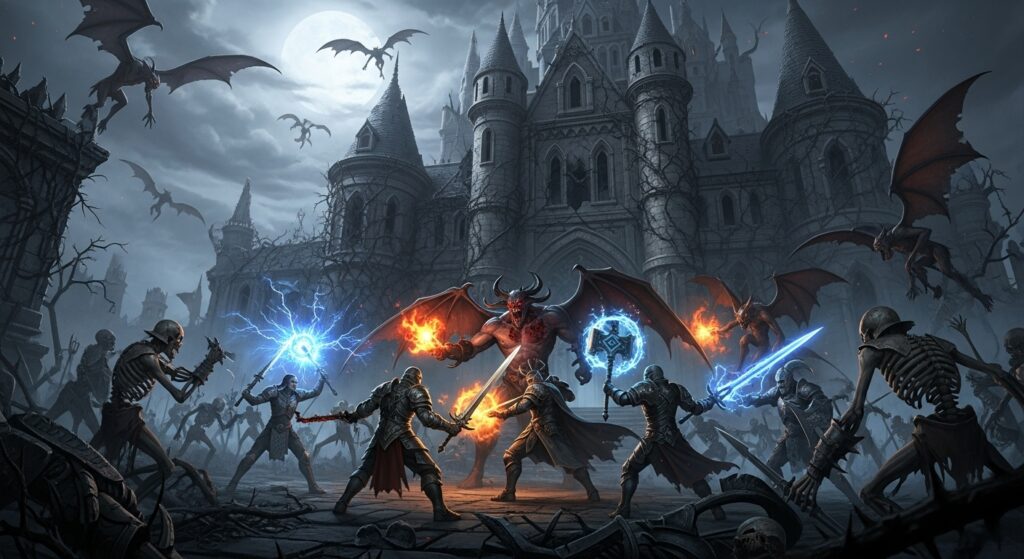
Look, I’m all for figuring things out. But I have also walked past a hidden switch for an hour. If you want a curated place to start, this breakdown of RPG walkthrough strategies that actually teach is balanced and spoiler-light. Learn a system, don’t just follow arrows.
Little Glossary (Because Devs Love Jargon)
- Isometric RPG: Tilted camera, great for tactics.
- Build: How you arrange stats, perks, gear. Your playstyle in numbers.
- Skill check: A dice roll or check to see if your stat is high enough to do a thing.
- AoE: Area of Effect. Big circle. Big boom.
- CC: Crowd control. Stuns, sleeps, roots. Happy you. Sad enemy.
How I Decide If a New Game Is Worth My Time
- Do my choices matter? If yes, I’m in.
- Can I make odd builds? I want weird. Not just “sword bigger”.
- Are side quests thoughtful? Fetch quests can be smart. Most aren’t.
- Is combat readable? If I can’t tell why I lost, I get bored.
- Does the UI help me play? Menu fights are not boss fights.
Speed Answers to Common Questions
- Is turn-based slower? Sometimes, yes. But it’s also clearer. You’ll know why you won or lost.
- Do I need to min-max? No. Smart choices beat perfect numbers. But don’t dump everything into Luck and pray.
- Can I play these on a laptop? Most of them, yes. They’re more CPU and brain-bound than GPU-bound.
- Are side quests worth it? Usually. They give gear, gold, and the best stories.
- Should I respec? If the game allows it, try it. Builds are tools, not tattoos.
Case Study: The “Oh, That Escalated” Quest
I once agreed to “borrow” a trinket from a noble. Simple stealth job. Five minutes later, the city guard, a demon, and an angry chicken were involved. That’s the charm. Systems bounce off each other. One choice triggers three more. You learn. You adapt. Or you reload. Your call.
When to Go Full Tactics Mode
- Before boss rooms: Pre-buff. Spread out. Place traps if you have them.
- Use elevation: Height gives damage bonuses in a lot of systems.
- Focus fire: Remove one threat fast. Then the next. Don’t tickle everyone.
- Control the field: Choke points, oil, ice, smoke—use them.
One Last Note on Reviews and Hype
I try games that look small but smart. Many are. Hype will push you to “big” releases. That’s fine, but don’t miss the weird ones with strong systems. If I’m unsure, I’ll scan a few honest takes from the RPG reviews shelf I trust, and then I roll the dice. Worst case, I uninstall. Best case, new favorite.
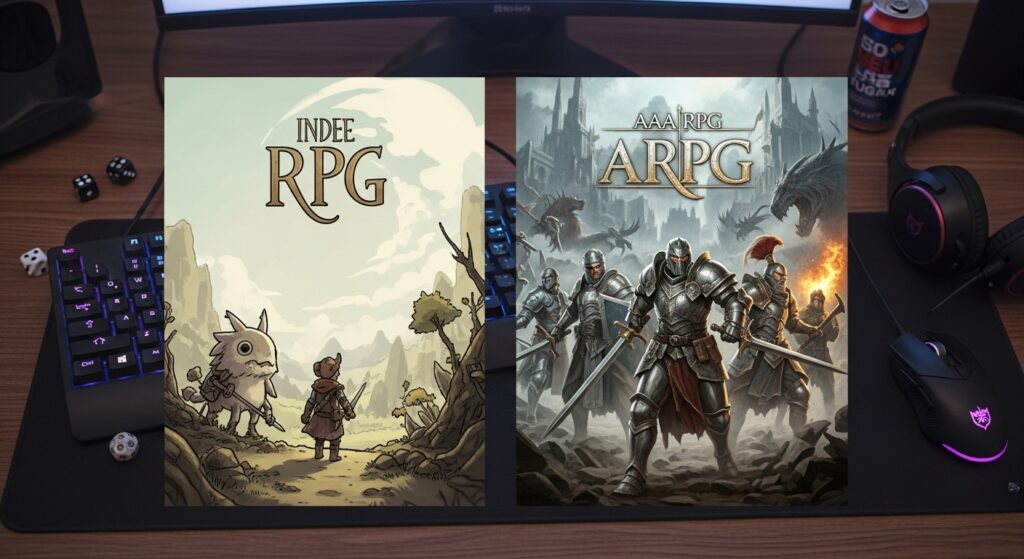
FAQ (Real Questions I Keep Seeing)
- What’s the best starter game if I’ve never played one? Pick something with good tutorials and turn-based combat. It’s easier to learn the rules when time stops.
- Do I need to read every lore book? No. Skim if you like. The main story and side quests give you enough.
- Why do I keep missing attacks? Check your hit chance, positioning, and status effects. Also, elevation and flanking matter a lot.
- Is keyboard and mouse better? Often, yes. But many modern games have solid controller support too.
- How long are these games? Long. Like “several weekends” long. Save often and enjoy the ride.
Anyway, that’s where I’m at today. I’ll probably reroll my mage for the fifth time tonight because I gave them 8 Constitution “for the challenge.” Sure. Great plan.

Thomas Hill: Your guide to epic adventures. I cover RPG Reviews, Walkthroughs, Game Lore, and Open World Rankings. Ready for your next quest?
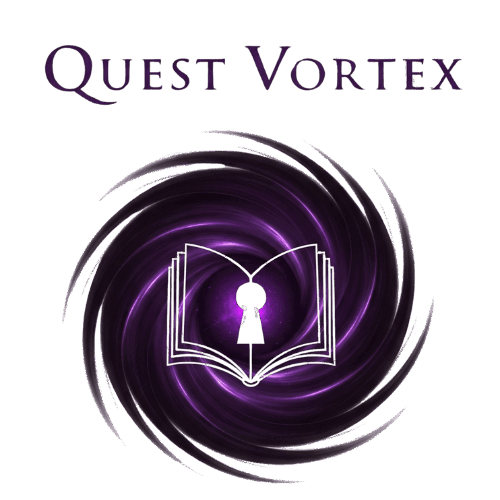
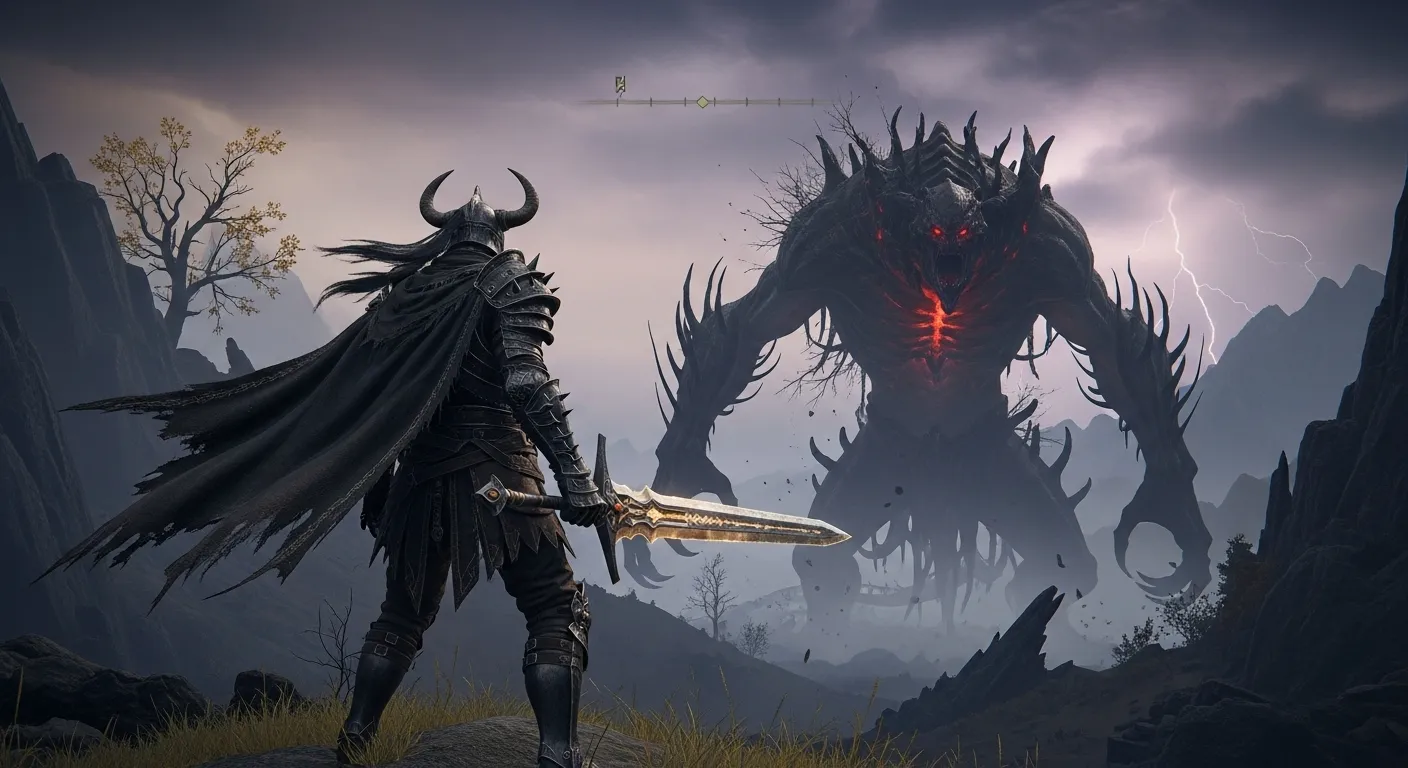
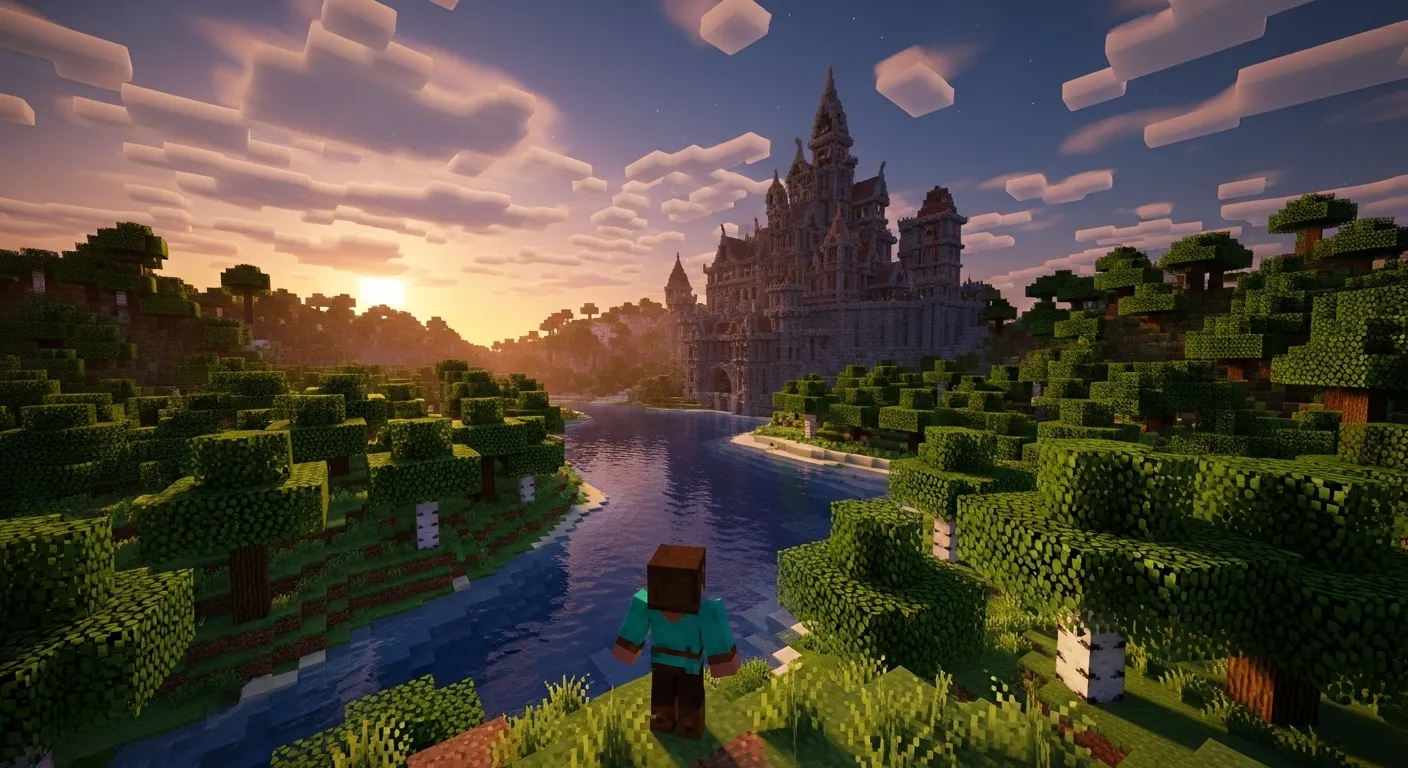
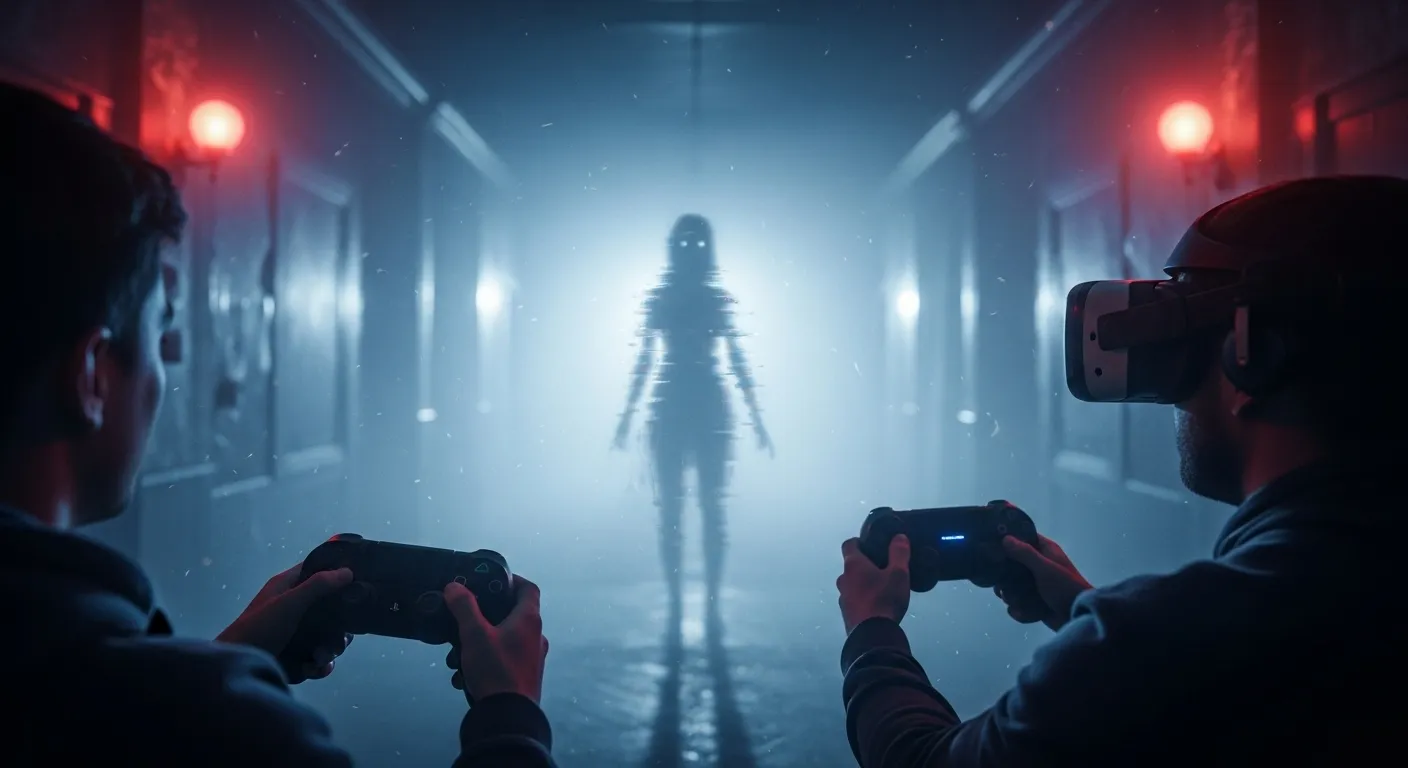
Do side quests really shape the story arc, or are they just glorified stat-padding detours?
They can do both—well-written side quests deepen worldbuilding and character arcs, while poorly designed ones just pad playtime.
What’s the most chaotic situation you’ve found yourself in while playing these crpgs?